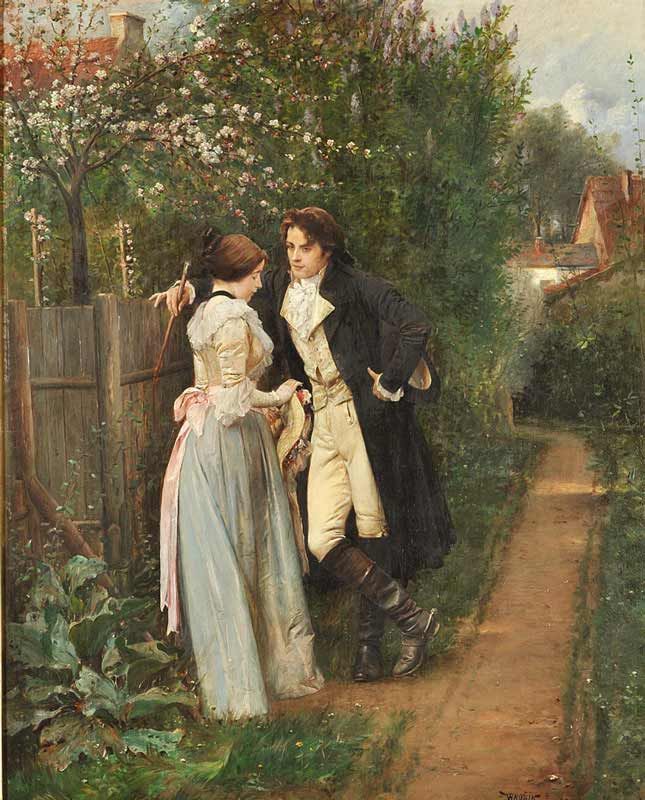

This past weekend I finished reading The Unpleasantness at the Bellona Club by Dorothy Sayers. It is one of her Lord Peter Wimsey mysteries, and it was, of course, an enjoyable read. I seem to be gravitating to an awful lot of mystery stories this year. I guess it is no wonder because with the world in such chaos, I need a good detective book to take all the broken bits and puzzling clues and finally bring everything to a satisfying end. As my friends at the Literary Life podcast have pointed out in the past, mystery novels move from disorder to order, so they have a way of reassuring us that justice and right will win at last.
Anyway, back to the story at hand… This story is, I believe, the fourth book in the Lord Peter series, so it still comes rather early in his sleuthing hobby/career. However, Lord Peter is a keen observer and judge of human character. His task at first seems relatively mundane, to try and pin down the time of death of the elderly general who was a member of the Bellona Club in order to help settle a dispute over the man and his deceased sister’s estates. Quickly, however, Lord Peter (and the reader) become convinced that some foul play may have had a hand in bringing about the old man’s death. In the end, Wimsey is able not only to solve the mystery of whodunnit, but his suspicions about the murder’s motives prove correct as well.
If you are not familiar with Sayers’ detective novels, you may be interested to know that they are set in post WWI England and often deal with the cultural repercussions on the Great War on British society. The Unpleasantness at the Bellona Club is a good example of this. The story begins in the middle of Armistice Day festivities, and both of the General’s grandsons are also veterans of the war. One of them was partially disabled by toxic gas and also was suffering from shellshock (now known as PTSD.)
This book fulfills the “Classic with a Place in the Title” category for the Back to the Classics Challenge. That means I just have three more titles to read in order to check all 12 categories off my list! Yippee!





